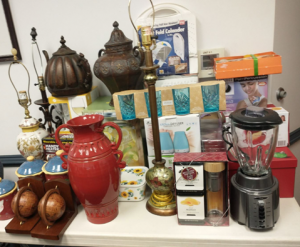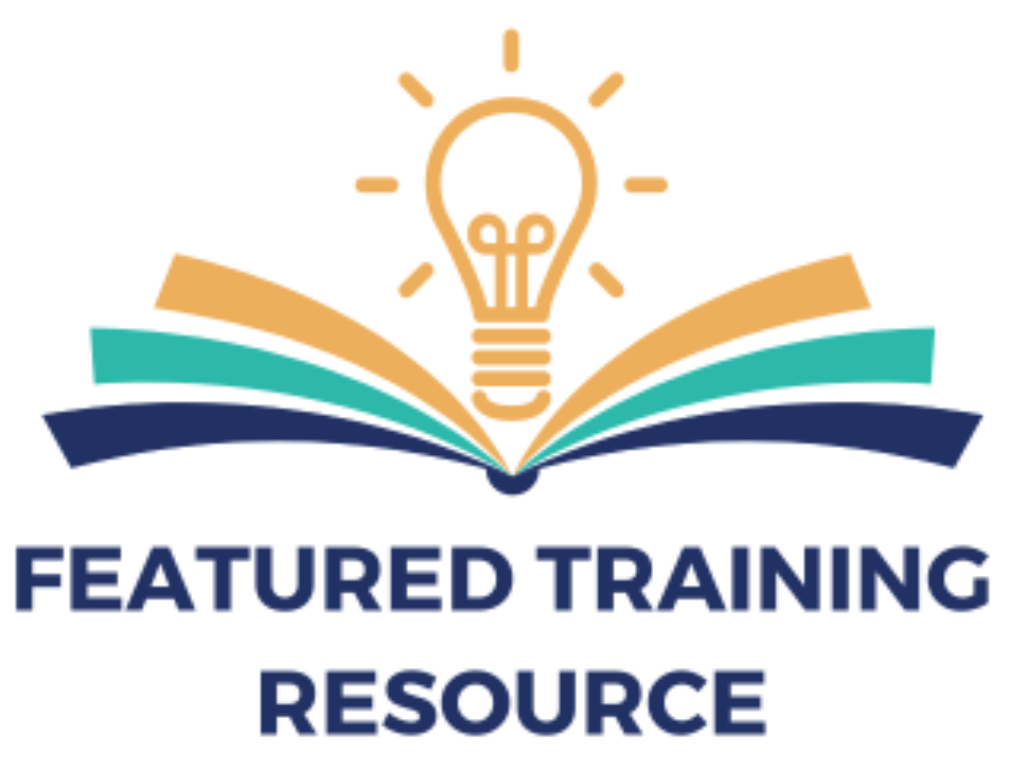
VIPTA is a statewide infection prevention and control education collaborative, led by the Virginia Healthcare-Associated Infections Advisory Group. Through partnership, VIPTA curates IPC resources for Virginia’s healthcare, congregate care, and public health settings.
⏱️No Downtime Needed: Quick Training Hits for Safer Shifts
Looking for quick infection prevention education that sticks? This month’s resources focus on short but mighty trainings that fit into a busy clinical setting — perfect for reinforcing safety messages without pulling staff away from care.
What to expect: When time is tight, but safety still matters, these quick training hits deliver big impact without slowing staff down.
- VIPTC Assisted Blood Glucose Monitoring Video: A short video that bridges clinical care and infection prevention by reinforcing safe practices to reduce bloodborne infection risks during assisted blood glucose monitoring.
- Mini Trainings & Huddle Cards from North Dakota Health & Human Services: Ready-to-use videos, posters, quizzes, and huddle cards that make it easy to reinforce infection prevention topics through short, team-based learning moments.
- Pause for Prevention Program – Health Quality Innovation Network: This flexible, discussion-based program supports daily huddles with quick IPC conversation starters that promote critical thinking, team communication, and a strong safety culture.
Target Audience: Essential IPC Education Level
Want More? Keep an eye out for the VDH HAI/AR Infection Prevention Educator Roadshow. This one-day, no-cost hands-on training helps anyone who educates staff on infection prevention create quick, high-impact educational tools to use at their own facilities. Roadshow is coming to five locations across Virginia in July and August.
Target Audience: Intermediate IPC Education Level
Guidance & Regulation Updates
VIPTA members track guidance and regulation resources to share source documents that guide infection prevention and control practices for public health staff and clinical and non-clinical healthcare personnel.
The date of the regulation or guidance update is included in each post. Please check linked content to be sure it is the most up to date and recommended practice.
SHEA: Multisociety Guidance for Sterilization and High-level Disinfection (5/31/2025)
CMS: Long-Term Care (LTC) Surveyor Guidance (5/31/2025)
CMS: 2025 NHSN Antimicrobial Use and Resistance (AUR) Updates for the Medicare Promoting Interoperability Program (01/2025)
APIC: Guide to Preventing Catheter-Associated Urinary Tract Infections (CAUTI) (03/31/2025)
VDH Clinician Letter: COVID-19 Reporting Updates (3/17/2025)
Reinforcing Healthy Behaviors: A Special Dialysis Christmas Shop at UVA Zions Crossroads
Promoting healthy habits in chronic disease patients can be challenging, but UVA Zions Crossroads Dialysis offers a creative example. Administrative Assistant S.P. and Registered Dietician K.G. planned and led a unique Dialysis Christmas Shop to encourage positive behaviors.
Planning and Participation: The event takes over a year to organize and requires stable staffing, so it isn’t held every year. About 90% of the shop’s items are new, sourced through yard sales, staff donations (often re-gifted), and include practical gifts like blenders, grills, jackets, tools, and children’s presents for grandparents.
Purpose and Pricing: Many dialysis patients have limited incomes, and the holidays can be stressful. Items are priced affordably so everyone can participate. Some patients even share leftover “dialysis dollars” to help others buy special gifts.
Earning ‘Dialysis Dollars’: Starting in September, patients earn ‘dialysis dollars’ by demonstrating healthy behaviors, including:
- Controlling phosphorus levels (monthly measured)
- Managing fluid intake (reviewed by K.G. over 7 treatments)
- Consistently attending dialysis sessions
- Staying for the full treatment time
- Completing an educational crossword puzzle
Patients can earn up to $15, and these dollars cannot be taken away, even if unexpected events occur (hospitalization, surgery, transportation issues). Education is provided on why these behaviors matter.
Impact: Three motivated patients earned the full $15 for shopping, and most of the 44 patients participated. Extra items were raffled off to spread holiday cheer.
This initiative shows that positive reinforcement can bring joy and promote health in a chronic disease community during the holidays.

IPC Education & Training Library
Search the VIPTA library of curated infection prevention and control (IPC) education and training resources. The IPC Education & Training Resource Library includes state and national resources related to healthcare-associated infections, antimicrobial resistance and/or IPC. Visit the VIPTA FAQ page to learn more about VIPTA library content.





